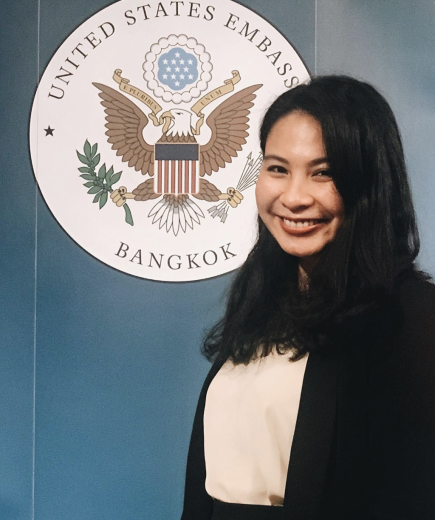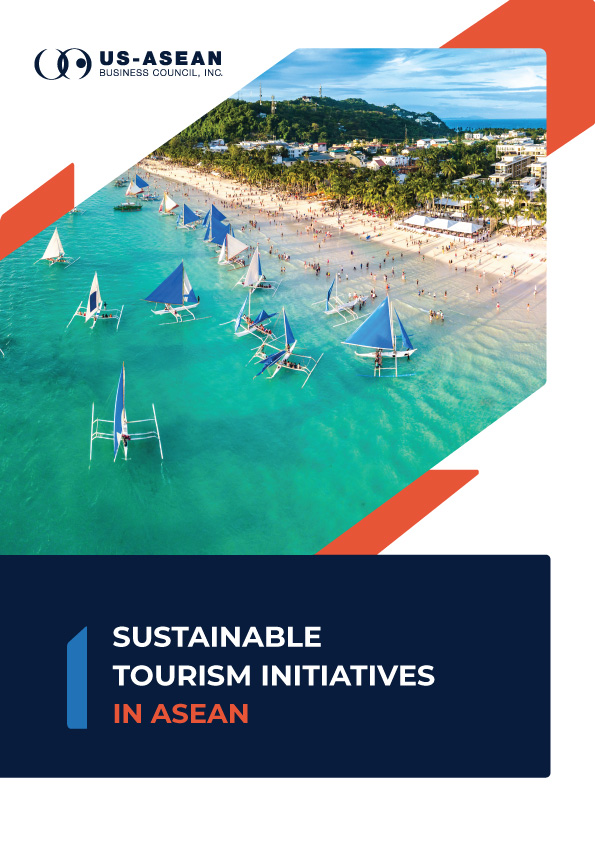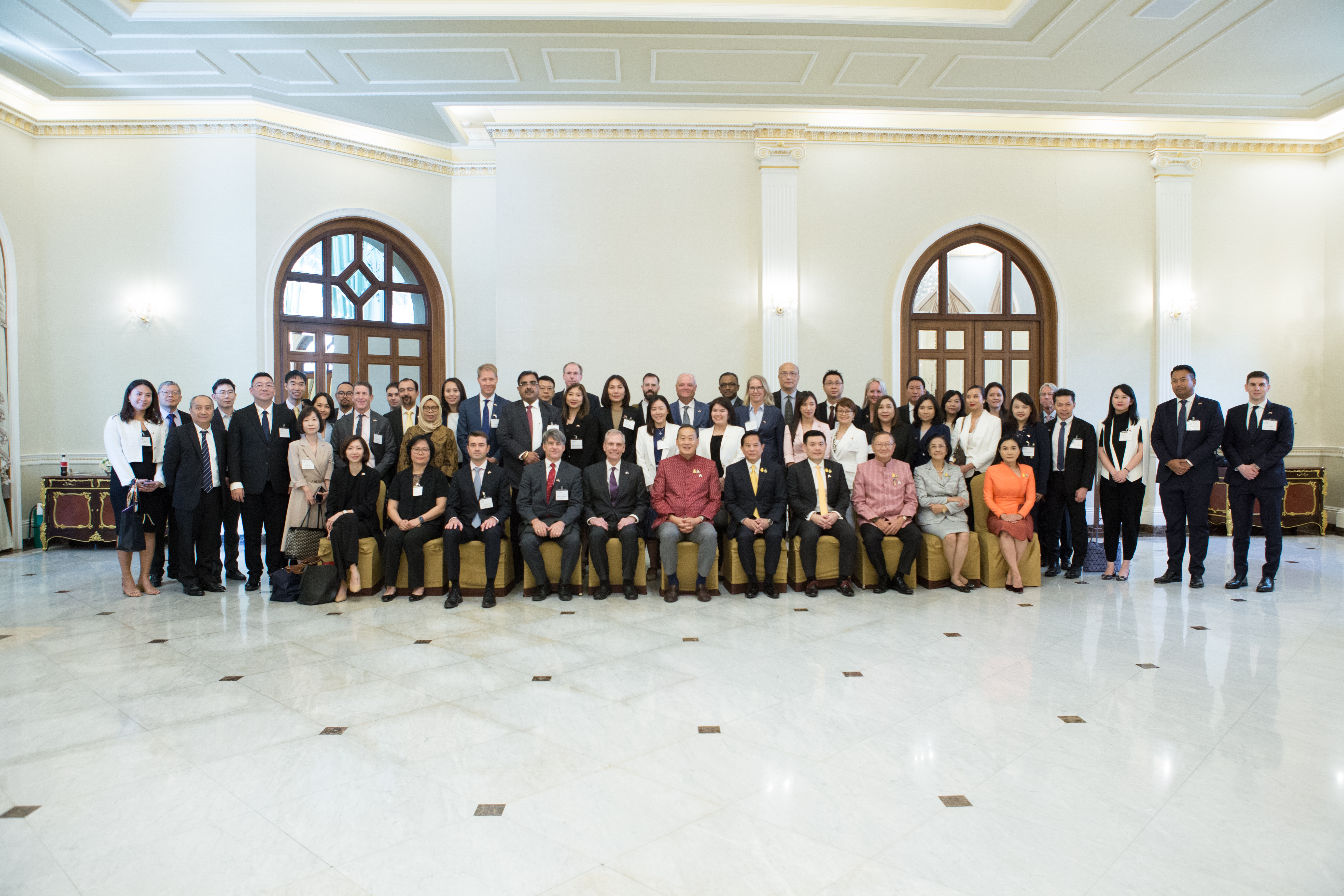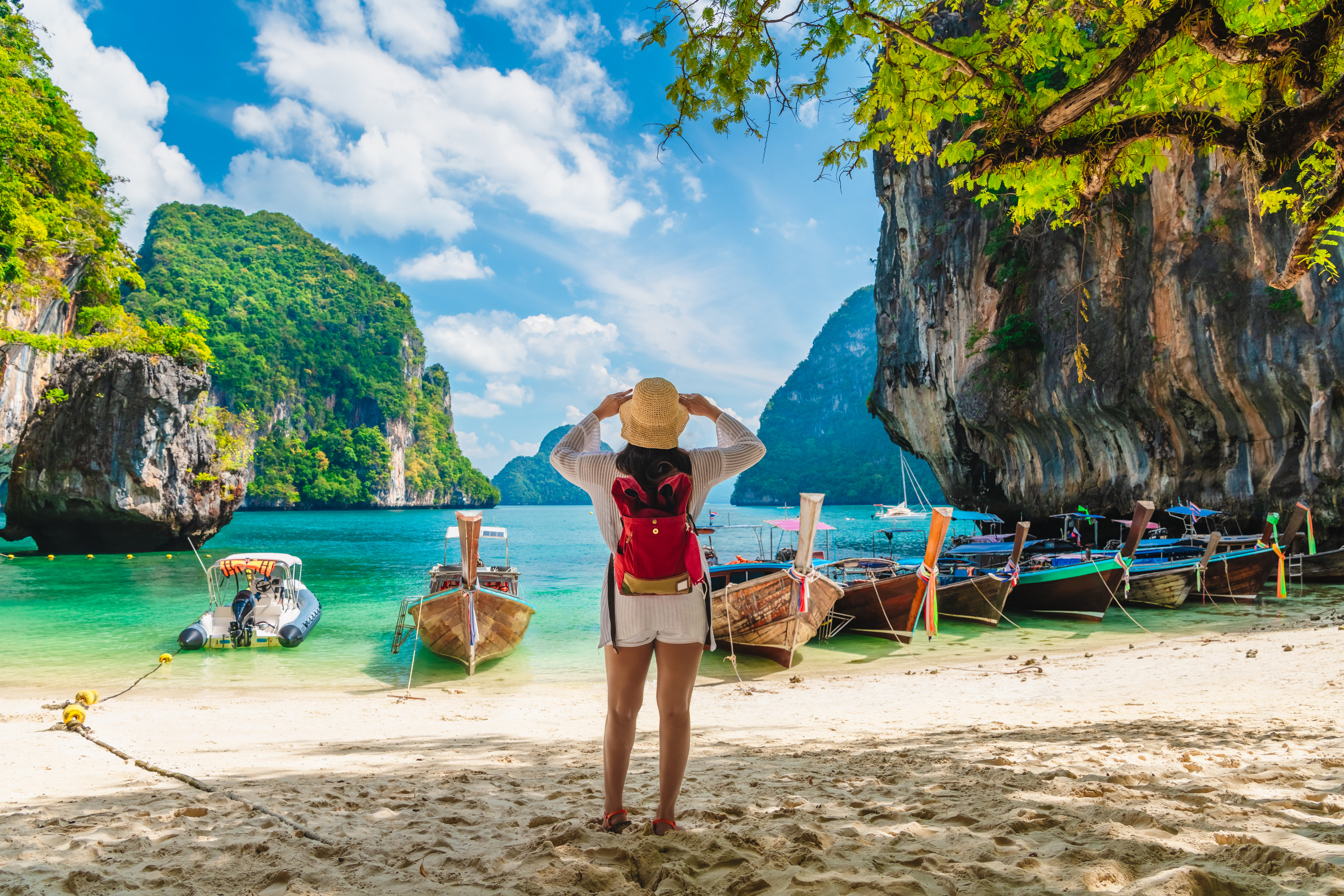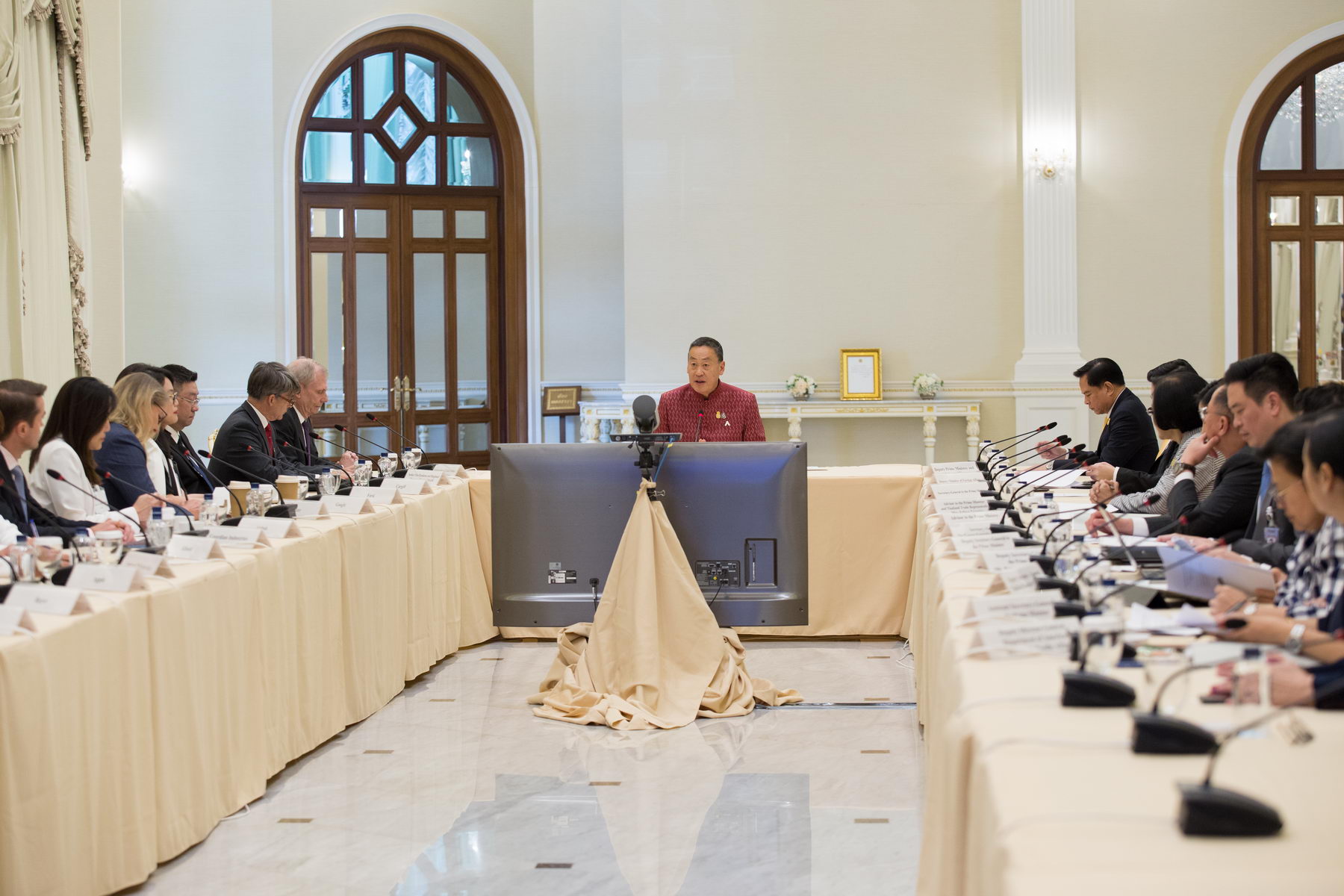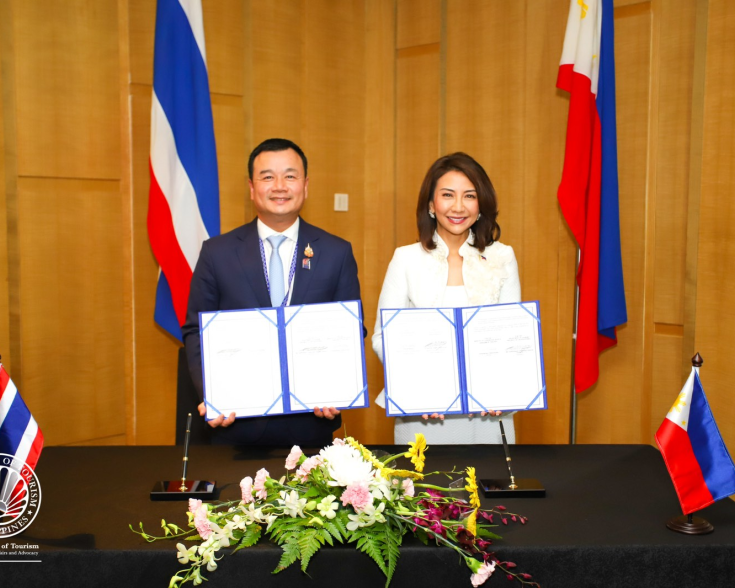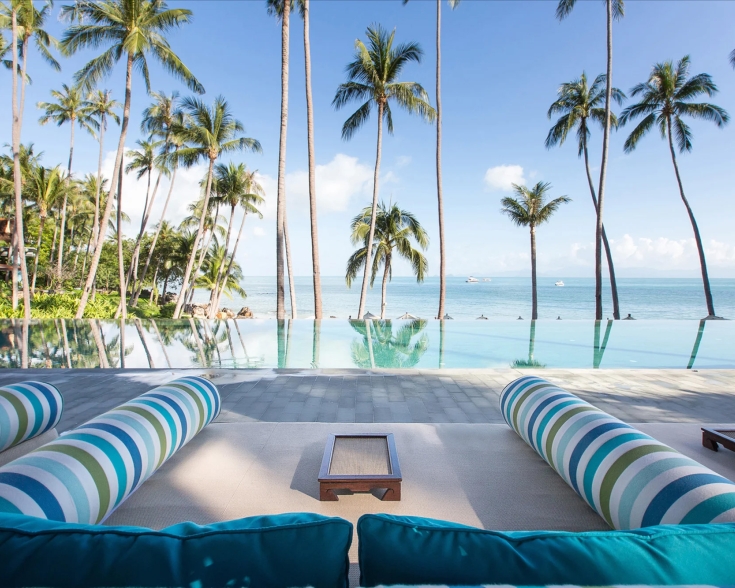Songkran Water Festival Boosts Q2 Tourism Revenue and Promotes Thailand’s Soft Power

Following UNESCO’s designation of Songkran as an Intangible Cultural Heritage in December 2023, the government of Thailand officially named the Songkran celebration the Maha Songkran World Water Festival. A budget of 130 million baht (3.6 million USD) has been allocated to relevant ministries and branches to coordinate and promote the organization of the festival across all provinces and cities nationwide. The Prime Minister Office, Culture Ministry, Tourism and Sports Ministry along with the Tourism Authority of Thailand (TAT) have been tasked with holding Songkran events in all five regions of the country. TAT is supporting Songkran celebrations in six destinations: Bangkok, Songkhla, Chaing Mai, Sukhothai, Phitsanulok, and Mae Hong Son. Additionally, the government of Thailand has launched multilingual versions of Songkran songs to showcase the Songkran Festival to the world.
The 2024 festival is celebrated from April 1 to April 21, 2024. The Tourism Authority of Thailand (TAT) expects to generate revenue of about 52.5 billion baht, with approximately 15 million people traveling across the country during the festival. TAT governor, Thapanee Kiatphaibool, stated that Thailand is projected to earn 246 billion baht in revenue from 44.4 million domestic trips, and 368 billion bath revenue from 8.27 million foreign tourists, in the second quarter of 2024. The World Water Songkran Festival 2024 showcases activities related to Thai soft power including Muay Thai and Thai summer dishes. Thaniwan Kulmongkol, President of the Thai Restaurant Association, predicts that this year’s restaurant sales could exceed pre-pandemic levels in 2019.
Both domestic and foreign travelers have benefited from reduced airfares of 3,000 baht per trip, one way, offered by six major airlines: Thai Airways International, Thai AirAsia, Bangkok Airways, Thai Lion Air, Nok Air, and Thai Vietjet for the Songkran festival. Bangkok has again emerged as a significant tourist hub during the Songkran festival, renowned for cultural immersion and hospitality excellence. To further enhance the experience, numerous hotels in Bangkok have offered not only reasonable hotel rates but also comfortable accommodations and vibrant celebrations, significantly boosting hotel occupancy rates. These reduced deals and experiences underscore the commitment of Thailand’s hospitality sector to further promote tourism and economic growth. Both large and small businesses, including street vendors, have benefited from festival-goers. The Maha Songkran World Water Festival is making strides towards achieving this goal as the government of Thailand aims to promote soft power by introducing Thai food, fashion, film, martial arts, and festivals.


